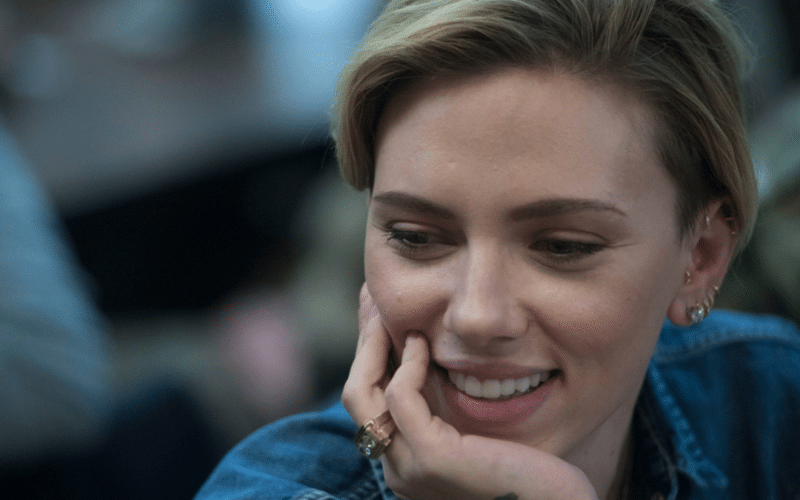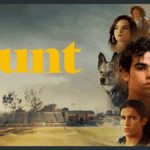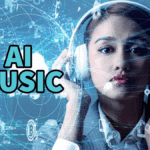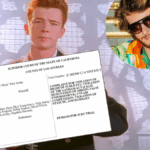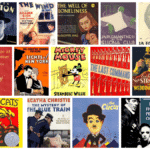Johansson says the new ChatGPT voice is “eerily similar” to her own. Does the actress have a case? Matt Belloni and I break it down on today’s episode of The Town.
In 2013, The New Republic gave Spike Jonze’s film Her a dubious honor, calling it the scariest movie of the year. The titular “Her” is Samantha, an AI personal assistant, and the movie paints a disguised dystopia in which humans are all too easily subjugated to the seductive voice of technology. The “voice” in Her belongs to actress Scarlett Johansson, and the film just so happens to be OpenAI cofounder and CEO Sam Altman’s favorite movie about artificial intelligence.
Fast forward to 2024, when Altman introduces GPT 4o, an AI personal assistant with a voice that Johansson claims sounds “eerily similar” to her own. Johansson revealed on Monday that for the past nine months she’s been courted by Altman, who wanted to hire her to voice OpenAI’s new chatbot. She declined, but numerous observers have commented on the similarities, and Altman himself did little to dispel the connection, posting the word “Her” on X soon after the company announced its new product.
Does Johansson have a legal claim against OpenAI? Today I joined Matt Belloni, author of Puck’s “What I’m Hearing” newsletter on his acclaimed podcast The Town to discuss Scarlett Johansson, OpenAI and some of the thorny legal issues surrounding rights of publicity and copyright in the age of artificial intelligence. Check out the interview at the link below or wherever you’re listening to pods these days. And as always, let me know what you think in the comments below or @copyrightlately on your favorite social media account.
